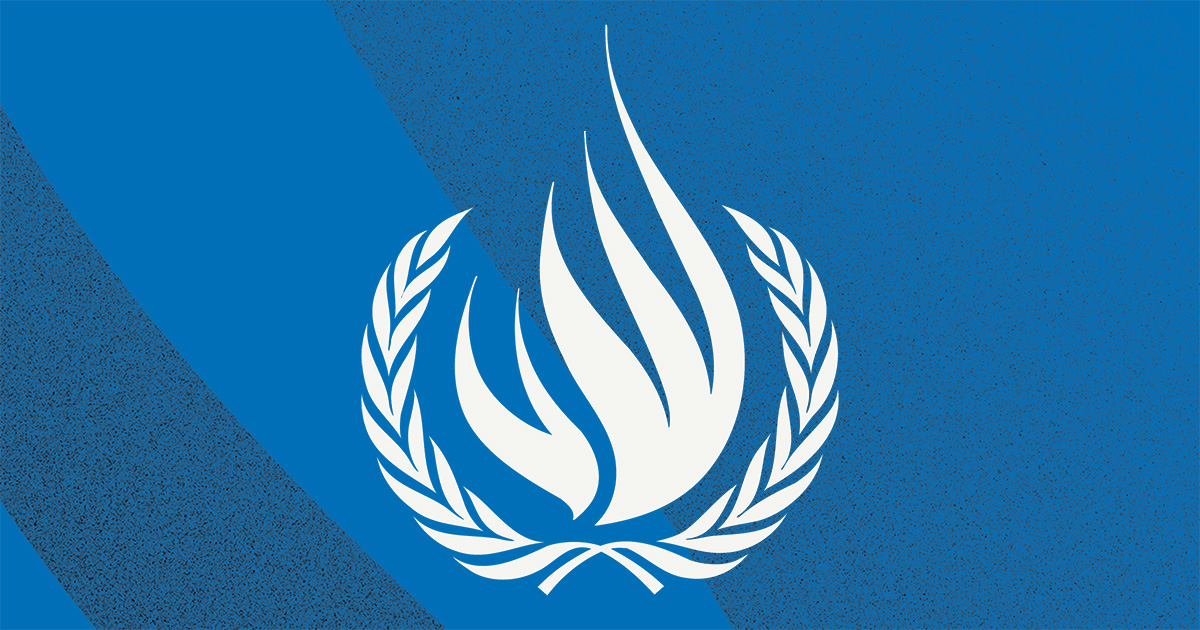- Joined
- Jun 8, 2008
- Messages
- 54,095

Opinion | Neurologists Are Actively Working to Reduce High Drug Costs
I've personally witnessed the consequences of medication inaccessibility

The cost of lifesaving medications in the U.S. is far too high -- a situation which has become increasingly alarming over time. Nearly one in four Americans has difficulty paying for their prescription drugs, and as a neurologist, I've personally witnessed the consequences of this unfold in my own practice. Nearly all my patients with chronic conditions have stories about their struggles to afford medications, and sadly, some end up abandoning them at their pharmacies due to the cost. Others must endure longstanding battles with their insurers who put up barriers to accessing medications, especially high-cost specialty drugs. At the same time, we also have witnessed new, remarkably effective breakthrough therapies for neurologic conditions such as migraine and spinal muscular atrophy, but each costs tens to hundreds of thousands of dollars, and in one case, millions of dollars.
In the world of neurology, one of the most prominent examples of high prescription drug costs is for disease-modifying therapy for multiple sclerosis (MS) -- the list price often approaches $100,000 per year. Despite having many treatments that compete in this market, including some that have been available for more than 20 years, annual costs for disease-modifying therapies in MS continue to rise. I've also watched as companies buy up therapies that are essential and then raise the price to astronomical levels, as was the case with amifampridine (Firdapse), which went from being widely available for free to costing $375,000 overnight, prompting a rebuke from Sen. Bernie Sanders (I-Vt.). This trend is unsustainable for people who rely on these medications and for the healthcare system overall, which pays more than double compared to other similar nations on average.
It is for these reasons that the American Academy of Neurology (AAN) has made lowering the costs of prescription medications a top priority. In support of this goal, over the last 5 years we have advocated to empower Medicare to directly negotiate drug prices; require transparency in how drugs are priced; and encourage strong oversight by the key committees in Congress. We also have fought arbitrary barriers employed by insurers that restrict patients' access to life-saving therapies -- like fail-first step therapy policies -- that often arbitrarily deny care and create roadblocks to providing the best evidence-based care for our patients.
Thousands of our member neurologists and neuroscience professionals have contacted Congress and the administration over the years in support of these goals, often to share stories about the unique impact of high drug costs on their patients. The AAN has joined coalitions such as the Campaign for Sustainable Rx Pricing, which is dedicated specifically to addressing this issue. We have also collaborated with Patients for Affordable Drugs, which is a leader in shaping the national debate on this issue.
To support these aims, the AAN has advocated for numerous pieces of legislation over the years, offered by both Democrats and Republicans. The most recent and prominent example was endorsing several provisions within the Build Back Better Act (BBBA). Specifically, the AAN supported provisions that would permit Medicare to directly negotiate prescription drug prices for the first time, limit excessive annual increases in drug prices that outpace inflation, and create an out‐of‐pocket spending maximum of $2,000. We believe these provisions would significantly improve patient access to therapies.
The recent opinion piece on MedPage Today by Milton Packer, MD, "Why Are Physicians Silent About Outrageous Drug Prices?" advocated for strong physician involvement in drug pricing. We agree and have been vocal activists in this effort. The AAN's endorsement of the BBBA provisions was only one of many actions we have taken to lower the costs of prescription drug prices. However, Packer implied that the Academy was more focused on avoiding reductions in physician reimbursement related to drugs than on wanting to lower the costs of prescription medications. This assessment misses the bigger picture of the Academy's approach for two reasons. First, the AAN and many of its members individually have a long history of advocacy on reducing drug prices unrelated to physician payments, as outlined in this piece. Second, Packer's perspective discounts the financial realities of a medical practice and the nuances of the AAN's position. The AAN has stated that we are eager to find a way to realign incentives away from higher‐priced physician-administered medications, but we believe this needs to be addressed separately from the larger BBBA negotiations to ensure that access to life‐saving therapies is not disrupted. Two prior attempts, from two different administrations, at reforming the reimbursement system for physician-administered drugs have failed. This is not an easy issue, and in our view, finding a better way requires developing creative solutions through stakeholder collaboration conducted through regular order in Congress.
The time is upon us to lower prescription drug prices. It is essential that Congress act to ensure that Americans have access to critical therapies, and the AAN will continue to work to support these efforts to ensure that our patients have the best care possible.
Orly Avitzur, MD, MBA, is the current president of the American Academy of Neurology (AAN), and the immediate past chair of the AAN Medical Economics and Practice Management committee. She is also the current editor-in-chief of the patient and caregiver magazine, Brain & Life.












300x240.png)